By Brittney Whipple
This is the question we get asked the most often at Keep Blount Beautiful. And it’s an important one! Let’s say you’re cleaning out your garage, or maybe you have some paint left over in the can after a project. Either way, you want to find out a way to get rid of it. Chances are you already know or assume this fact: If you have unused paint, it cannot simply be thrown away. When disposing paint, the first thing to determine is if it latex-based paint or oil-based paint.
Latex Paint
Latex paint is not considered household hazardous waste because it is water-based. However, latex paint needs to be dried out before it is thrown away so it will not seep into the ground. If there is under an inch of paint left in the can, it should dry out in a couple days when the lid is left off. If there is more pain in the can, stirring an equal part of cat litter into the paint will help it dry out faster. Sawdust or shredded paper can be used as an alternative to cat litter. If there is too much paint in the can to add equal parts of a hardener, some of the paint can be poured into a plastic or cardboard container that will not leak. In addition to these materials, there are also paint hardeners that can be purchased at the hardware store. Once the paint is dried out, it can be tossed in your normal household trash.
Oil-based Paint
Unlike latex paint, oil-based paint is considered household hazardous waste, making it illegal to throw it away in your normal household trash. In Blount County, all oil-based paint can be taken the the Blount County Recycling Center, located at 331 Levi St. Maryville (off of McArthur Rd. at the Blount County Operations Center)
Note: Latex paint will NOT be accepted by the Blount County Recycling Center. ONLY oil-based paint will be accepted.
Donating Paint
If you have large quantities of paint and it is still in good condition, it can be donated to the Habitat for Humanity Restore and will be purchased by someone who needs it. The Restore is located at 548 N Foothills Plaza, Maryville.
Avoid Leftover Paint Altogether!
You can avoid having a lot of leftover paint by only buying what you need! There are plenty of online calculators that can determine the amount of paint you will need according to the area of what you are painting.





















